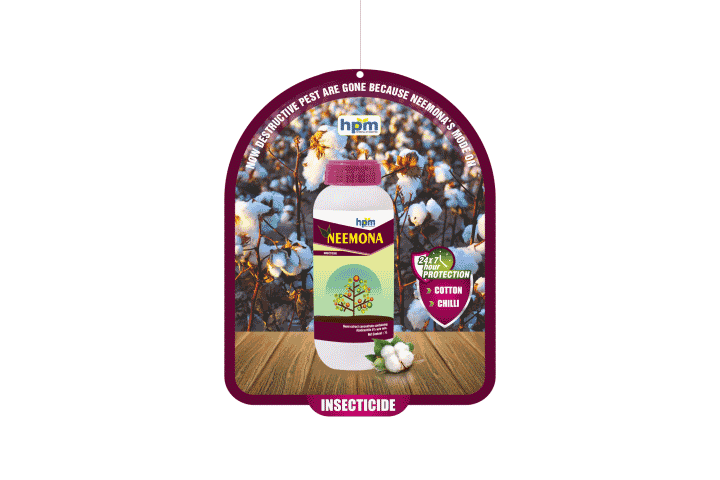- HOME
- ABOUT
- INFRA
- BUSINESS AREA
- KNOWLEDGE
- CSR
- Policy & Committe
- Activities
- Plantation Drive(Samba)
- Green Nation Clean Nation Plantation Drive
- Santosh Krishi Diwas
- 14 TH SENIOR ROLL BALL NATIONAL CHAMPIONSHIP
- Arm Wrestling Championship
- Clothes Distribution for Students
- Samuhik Vivah Bhiwadi
- Help him to Breathe
- WHEELCHAIR DISTRIBUTION KHUSHKHERA
- Girl's Adoption CSR
- Save Eyes Save Life
- CAREERS & HR
- NEWS
- CONTACT
- BLOG
QUESTIONS? CALL: 011-4507 1800

Stands for delivering best service and exceptional quality for crop protection.
Tel. (911) 45071800-899
Email: info@hpmindia.com
HPM Chemicals & Fertilizers Ltd.
209-210, Anupam Bhawan, Azadpur Commercial Complex Azadpur, Delhi-110033
Azadirachtin 1% Concentrate
Azadirachtin, a complex tetranortriterpenoid limonoid from the neem seeds, is the main component responsible for the toxic effects in insects. Such effects include primary and secondary antifeedancy, growth reduction, increased mortality, abnormal and delayed moults and sterility effects. Such wide-ranging biological effects in insects come about in two different ways: firstly by direct effects of azadirachtin on cells and tissues and secondly by indirect effects exerted via the endocrine system following direct effects in the neuroendocrine tissues themselves. Azadirachtin stimulates specific 'deterrent' cells in chemoreceptors and also blocks the firing of 'sugar' receptor cells, which normally stimulate feeding. This results in an inhibition of feeding, culminating in starvation and death of these species by feeding deterrence alone.
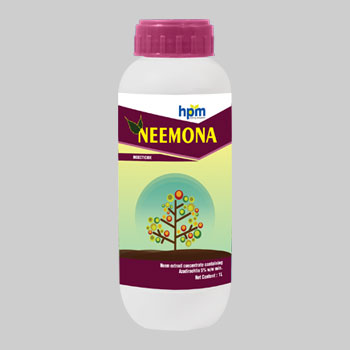
| S.No | Technical Name | Trade Name | Crops | Pests | Dose Per Acre | Dilution of Water | Waiting Period |
| 1 | Azadirachtin | Neemona | Cotton | White Fly,Leaf hoppers, Heliothis, Aphids | 150 | 300 | 5 |
| 2 | Azadirachtin | Neemona | Tea | Pink mites,Red Spider mites, Caterpillar,Thrips | 80 | 160 | 5 |
| 3 | Azadirachtine | Neemona | Rice | Brown Plant Hopper, Leaf folder, Stem Borer | 80 | 160 | 5 |
| 4 | Azadirachtin | Neemona | Tomato | Fruit borer, White fly, Aphids. | 80 | 160 | 5 |
| 5 | Azadirachtin | Neemona | Tobacco | Aphids, Tobacco, Caterpillar | 80 | 160 | 5 |
| 6 | Azadirachtin | Neemona | Cauliflower | Diamond back moth, Aphids, Spodoptera | 80 | 160 | 5 |
| 7 | Azadirachtin | Neemona | Bhindi | Aphid, Pod Borer, Leaf hopper, Whitefly | 80 | 160 | 5 |
| Product Name |
: |
Azadirachtin | |||||
| Type of pesticide |
: |
Insecticide | |||||
| Chemical name |
: |
dimethyl[2aR[2aα,3β,4β(1aR*,2S*,3aS*,6aS*,7S*,7aS*),4aβ,5α,7aS*,8β(E),10β,10aα,10bβ]]-10-(acetyloxy)octahydro-3,5-dihydroxy-4-methyl-8-[(2-methyl-1-oxo-2-butenyl)oxy]-4-(3a,6a,7,7a-tetrahydro-6a-hydroxy-7a-methyl-2,7-methanofuro[2,3-b]oxireno[e]oxepin-1a(2H)-yl)-1H,7H-naphtho[1,8-bc:4,4a-c’]difuran-5,10a(8H)-dicarboxylate | |||||
| Empirical Formula |
: |
C35H44O16 |
|||||
| CAS No. |
: |
[11141-17-6] | |||||
| UN No |
: |
- | |||||
| Packing group |
: |
- | |||||
| IMDG |
: |
Eco-friendly Neem Based Pesticide of Plant Origin | |||||
| Shelf-life |
: |
Two years under normal storage conditions. | |||||
|
DESCRIPTION |
|||||||
| Azadirachtin, a complex tetranortriterpenoidlimonoid from the neem seeds, is the main component responsible for the toxic effects in insects. Such effects include primary and secondary antifeedancy, growth reduction, increased mortality, abnormal and delayed moults and sterility effects. Such wide-ranging biological effects in insects come about in two different ways: firstly by direct effects of azadirachtin on cells and tissues and secondly by indirect effects exerted via the endocrine system following direct effects in the neuroendocrine tissues themselves. | |||||||
| Mode of action | |||||||
| Azadirachtin stimulates specific 'deterrent' cells in chemoreceptors and also blocks the firing of 'sugar' receptor cells, which normally stimulate feeding. This results in an inhibition of feeding, culminating in starvation and death of these species by feeding deterrence alone. | |||||||
| Applications Apply as soon as pests are observed for better results during immature pest stages. Use it in every 10-15 days depending upon the requirement. After spraying, if rain comes, then again apply the formulation. Good mixing is required before application. Avoid storage of spray mixtures. Mix a fresh for every application. Sprays during evening hours are preferable. | |||||||
| Structure Formula |
: |
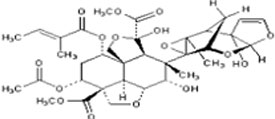
|
|||||
| Physical Properties | |||||||
| Appearance |
: |
Light to dark brown colour powder/granules | |||||
| Azadirachtincontent, percent by mass |
|
Nominal value as declared on the container | |||||
| Moisture Content, percent by mass m/m), Max |
: |
1.0 | |||||
| Material insoluble in acetone, percent by mass (ID/m), Max |
: |
1.0 | |||||
| Acidity H2SO4, percent by mass |
: |
0.5 | |||||
| Compatibility |
: |
Compatible with most of the insecticide | |||||
| TOXICITY DATA | |||||||
| Mammalian Toxicity |
: |
WHO (a.i.) U; Unlikely to present acute hazard and EPA (Formulation)IV | |||||
| Environmental Toxicity |
: |
Azadirachtinbreaks down rapidly (in 50-100 hours) in water or light, and is not likely to accumulate or cause long-term effects. It is not toxic for rats. It can cause mild to moderate eye irritation but not skin irritation. It can cause slight skin sensitisation. It is less toxic to birds. It is slight to moderately toxic to fishes only if exposed to very high concentration. | |||||
| Formulation |
: |
5% w/w | |||||
| Trade name |
: |
NEEMONA | |||||
| Packing detail |
: |
100 ml,250 ml,500 ml, 1 litre and 5 litres | |||||
| Recommendations | |||||||
| Crop | Common name of the Pest | Dosage/acre(ml) | Dilution in Water (Liter) |
Waiting Period
(days |
|||
|
Cotton
|
White Fly,Leaf hoppers, Heliothis, Aphids | 150 | 300 | 5 | |||
|
Tea
|
Pink mites,Red Spider mites, Caterpillar,Thrips | 80 | 160 | 5 | |||
|
Rice
|
Brown Plant Hopper,Leaf folder, Stem Borer | 80 | 160 | 5 | |||
|
Tomato
|
Fruit borer, White fly,Aphids. | 80 | 160 | 5 | |||
|
Tobacco
|
Aphids, Tobacco, Caterpillar | 80 | 160 | 5 | |||
|
Cauliflower
|
Diamond back moth, Aphids, Spodoptera | 80 | 160 | 5 | |||
|
Bhindi
|
Aphid, Pod Borer, Leaf hopper, Whitefly | 80 | 160 | 5 | |||


